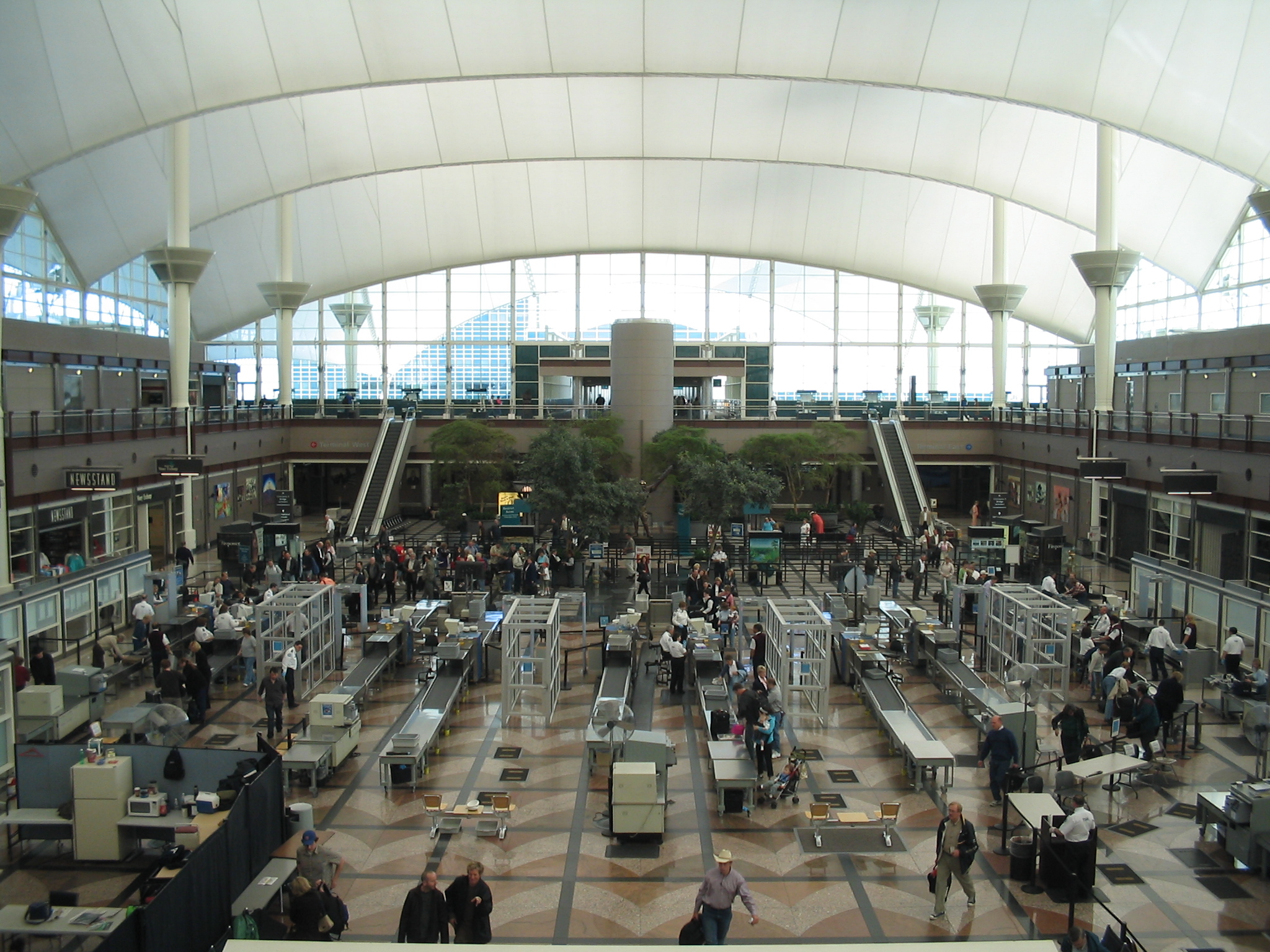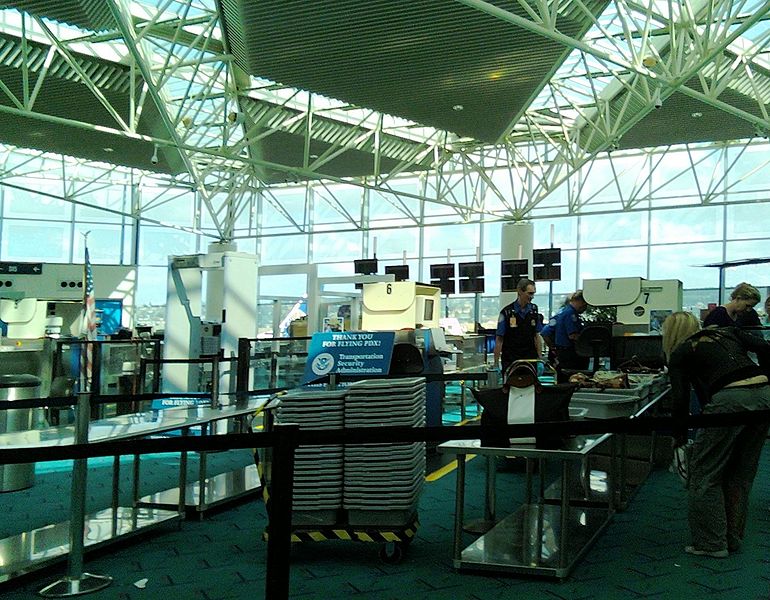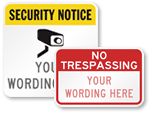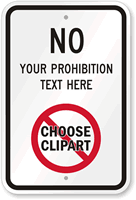The longest airport security line: TSA to start security background checks
An “SSSS” across your boarding pass is the scarlet letter of the post-9/11 airport.
For two highly inconvenient years in the mid-2000s, I couldn’t board a plane without the check-in attendant scrawling the four ignominious letters, which stand for “Secondary Security Screening Selection,” across my boarding pass in big black marker. At every point where I came into contact with airport or airline personnel, from the check-in counter, to the security line, to the gate, I would have to grin through extremely detailed pat-downs while they searched or swabbed my belongings.
It’s hard not to start acting guilty. Did I in fact have explosive residue in my luggage? Will they find a note indicating my involvement in some evil plot if they shook out my stockings enough?
Of course, I had never done anything wrong, and I don’t know why I got marked as a security threat, or why, just as suddenly, it stopped.

The security area at Denver International Airport. Photo by David Benbennick.
In October, the Transportation Security Administration began expanding its use of private and government databases to determine who needs the quadruple-S treatment and who doesn’t. And unlike before, the screening starts now. Unless you’re reading this at the airport. In which case, it started long before you got there.
Details are still sparse as to exactly which databases the TSA will be peeking into, but the New York Times reports that this could include both public and private databases like car registrations and employment information. Other records the TSA may be able to access are “tax identification numbers, past travel itineraries, property records, physical characteristics, and law enforcement or intelligence information.”
The TSA claims that these efforts to reach into our tax histories and permanent records will make the airport security process more targeted. Those with clean records may be able to go back to the halcyon days of walking along the checkpoints’ industrial carpeting with their feet fully encased in shoes. Those who raise a flag with the TSA robots will be treated to enhanced security.

This type of airport security may become a thing of the past. From M.O. Stevens.
The problem with this system, privacy and civil liberties organization claim, is that passengers are assessed, with little transparency, by machines that may not be particularly good at determining a human being’s motivation and actual terrorist intent. For example, many Americans have unpaid taxes, ignored parking tickets, or horrendous credit records. They may be disorganized, but this hardly makes them terrorists.
It also seems a bit creepy. Some of the data that the TSA could be using and collecting might be dusted off and handed over to other agencies and private companies to use for purposes other than security or travel. The New York Times noticed that an update on the TSA’s Transportation Security Enforcement Record System stated that its records may be shared with “a debt collection agency for the purpose of debt collection.” The same article also notes that fingerprints scanned at customs can be checked against the FBI’s unsolved crimes database.
For those with an innocent-looking data trail the reward is an easier time at the gate. But when security checks bleed into your life, it’s all the more invasive. It seems that the price of more convenience at the airport security line is a significant overreach into personal privacy. I may have preferred the detailed pat-down to the long, silent gaze into the data that makes up my past.
Category: News, Trespassing
















